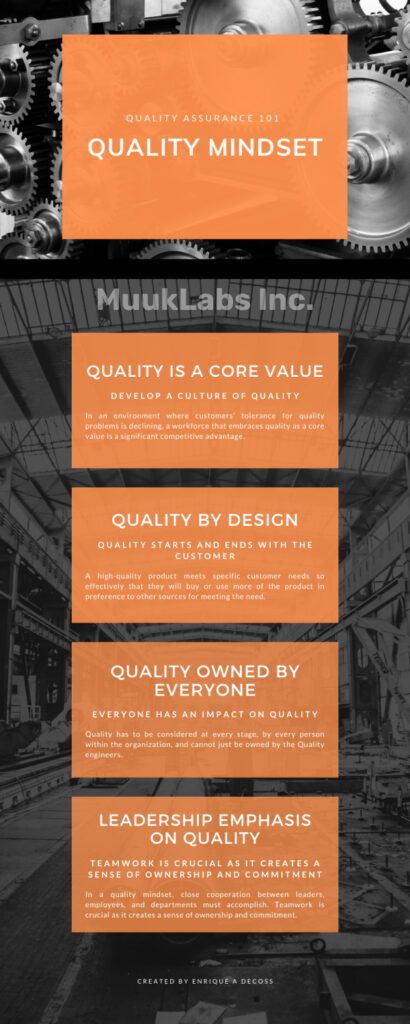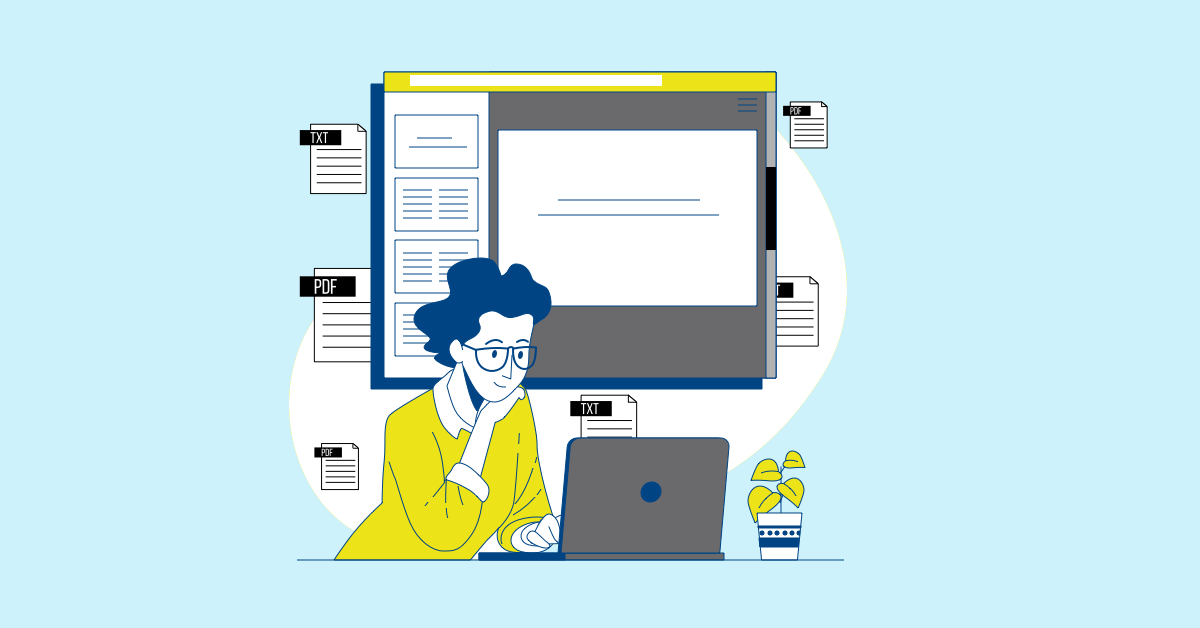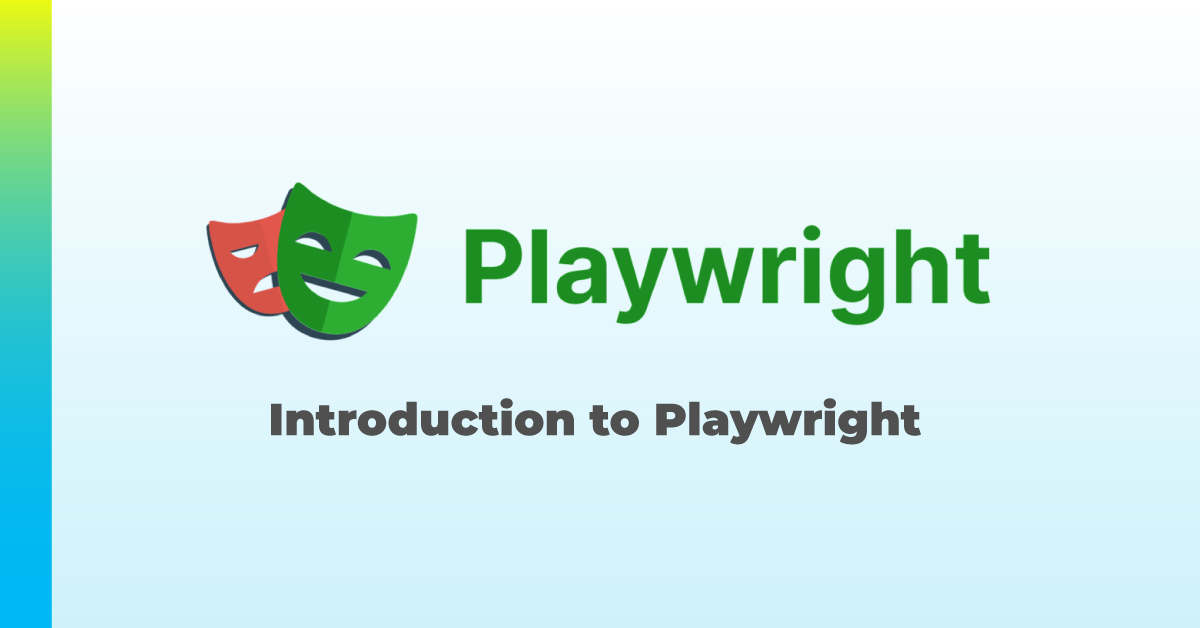Focus on delivering valuable work, not just finishing tasks
Testers must dig into the product or service and its current activities to provide the greatest value. When you first start as a solo tester, you have to begin producing results right away. If you are the only tester, all the eyes will be on you, and your testing activities. Remember, it doesn’t matter about time finishing tasks, focus on delivering valuable results.
You do not get results by focusing on results. You get results by focusing on the actions that produce results.
Anonymous
My recommendation is to focus on those activities that provide long-term value, such as testing tools implementation, helping reduce time and add real value, quality mindset practices, shift left and shift right activities. Consider creating a testing roadmap to visualize where we are and where we want to be after implementing those activities. This will help your managers and other stakeholders monitor your progress and the value you bring.

It is valid to set limits
In those early days as a solo tester, I said yes to everything. I routinely took on every project out of the necessity to provide fast results, not because it was valuable work. I was hungry to prove myself, and I didn’t feel confident enough to turn down a project or activity.
Focusing is about saying No.
Steve Jobs
Define your limits; remember, sometimes it’s okay to say no. Less is more; please avoid those activities draining your energy. Stay motivated; if you continue trying to be a superhero finishing all and being there for all, your health can deteriorate. That isn’t good for you or your organization.
Final Thoughts
Perhaps it could be a bit intimidating, but believe me, working as the only tester does not mean that you are alone. On the contrary, you are part of a team and a greater organization. You can also join many testing communities to share your experience and ask for advice.
As a recap, consider the following:
- Get strategic/check yourself and spend time only on the testing activities that will ultimately add value to your clients
- Focus on those activities that could provide long-term value.
- Set your limits; it’s valid saying no; less is more.
- Spread the word, communicate your ideas and share with others. You may be the only Tester, but you are not alone.
Being the only tester can be something good or bad, depending on how you handle the responsibilities and your day-to-day tasks. Therefore, it is not only testing, but we must also positively impact our testing landscape by doing smart testing.
Happy Bug Hunting!











